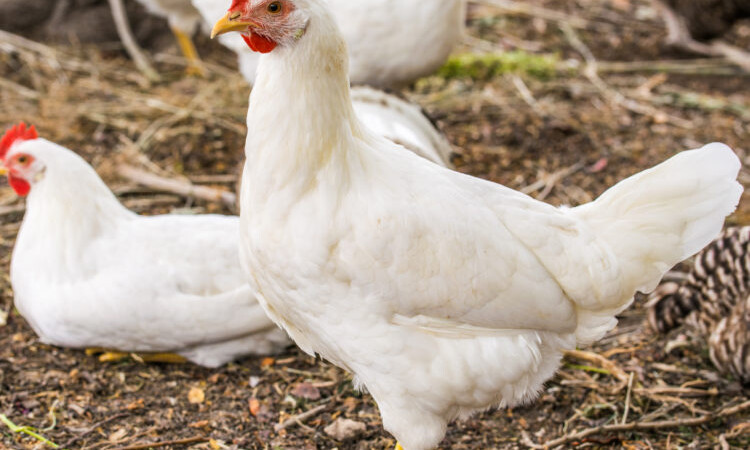

In order to maximize profits in Poultry farming specifically in Broilers depends on how fast the chicken grow, their weights verses the expenses incurred. However there are factors to note which affect the weights of broilers. Below are some of the factors to look keenly at.
Environment factors
Temperature extremes: When there are temperature variances during the brooding period, the growth of the chicks will be negatively affected resulting in poor growth and poor flock uniformity. In very hot weather, birds eat less and target weights will not be attained. High ammonia levels as well as dusty, poorly ventilated houses will also affect body weight gain.
Disease control: Correct clean-out procedures and a rest period of at least 14 days for your chicken house will have a very positive impact on final broiler performance.
Erosive diseases such as reovirus, infectious bursal disease (Gumboro), mycoplasma, sub-clinical Newcastle disease and infectious bronchitis will all impact negatively on the growth patterns of broilers. Coccidiosis control is always essential and be aware of the impact of sub-clinical coccidiosis.
Excessive applications of vaccines, especially the vaccines against respiratory disease like Newcastle disease, can affect performance. Care must be taken to ensure that there is sufficient protection against disease challenges, without over-vaccinating. Infectious coryza is always a problem as the affected chickens stop eating for a few days.
Feed quality and availability: Here, the concern is the increase in mycotoxins being seen worldwide. It is also vital that your feed contains the correct levels of nutrients required by the broilers for optimum growth.
Stocking density: Make sure that the number of drinkers and feeders are sufficient to supply feed and water to the broilers, and that access is not impeded by incorrect height adjustments of the equipment.
New findings indicate that using at least a 6 to 8 hour period of darkness after the end of the first week is an overall benefit in broiler health status, which will outweigh the possible slightly lowered body weight gains. In fact, most growers have found that there’s been no negative effect on the growth rate and there has certainly been a positive impact on the reduction in the incidence of Ascites (water belly) and heart attacks (flips).
Basic attention to detail remains a vital part of broiler production. Make sure that, during the period of darkness, good management practices continue. The broiler grower should strive to ensure a stress-free environment for the chicks and provide the nutrients required for optimal growth. The broilers’ genetic make-up will respond and the final body weight targets set by the breeds will be attained if all the negative factors are removed.
 Contact Jaguza Support
Contact Jaguza Support